If you can't be happy at least you can be drunk
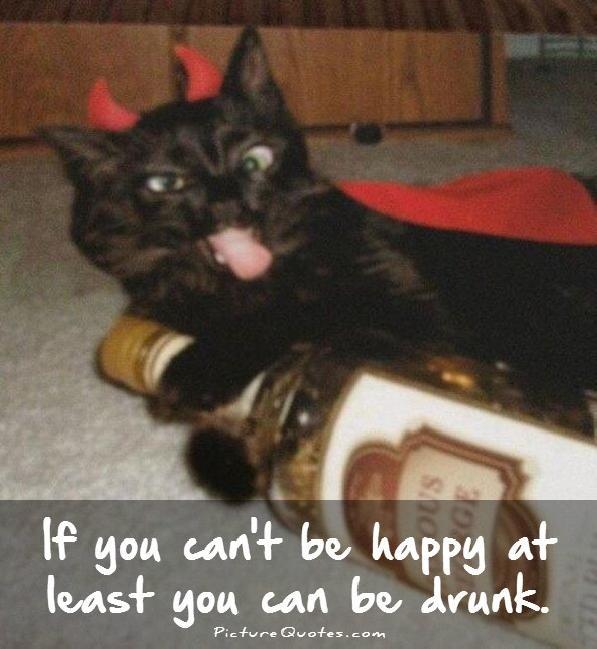
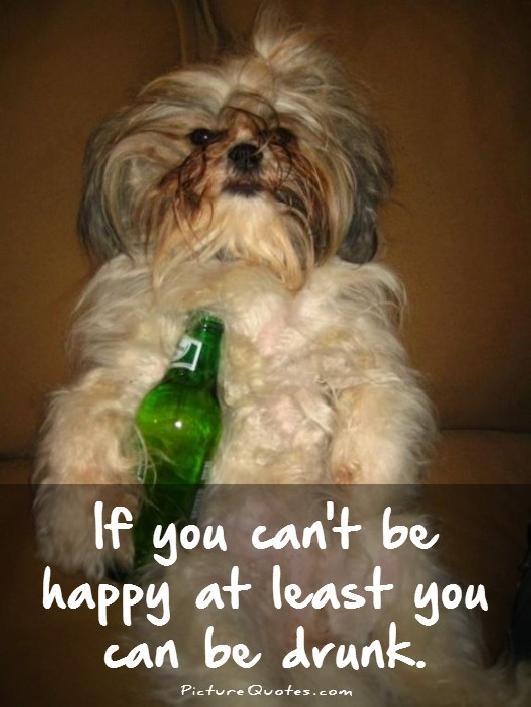
If you can't be happy at least you can be drunk
The phrase "If you can't be happy, at least you can be drunk" is a common sentiment expressed by individuals who are seeking solace or escape from their troubles through alcohol. While this statement may seem lighthearted or even humorous on the surface, it actually speaks to a deeper issue surrounding the use of alcohol as a coping mechanism for emotional distress.When someone is feeling unhappy or overwhelmed by their circumstances, they may turn to alcohol as a way to numb their emotions and temporarily forget about their problems. In these moments, being drunk can provide a sense of relief or release from the weight of their troubles, allowing them to let go of their inhibitions and experience a temporary sense of euphoria or freedom.
However, the danger lies in the fact that alcohol is not a sustainable or healthy solution to dealing with emotional pain. While being drunk may provide a temporary escape from reality, it does not address the underlying issues that are causing the individual to feel unhappy in the first place. In fact, excessive alcohol consumption can often exacerbate feelings of depression, anxiety, and loneliness, leading to a vicious cycle of self-destructive behavior.
Furthermore, being drunk can also impair judgment and inhibit communication, leading individuals to say or do things that they may later regret. This is where the concept of "drunk words" comes into play, as alcohol can lower inhibitions and cause individuals to speak impulsively or without filter, often leading to hurtful or embarrassing statements that can damage relationships or reputations.
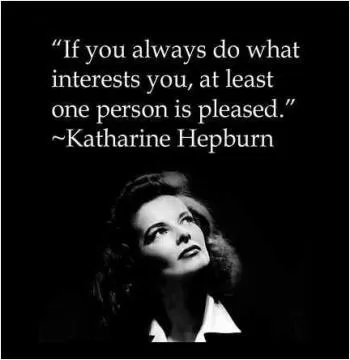

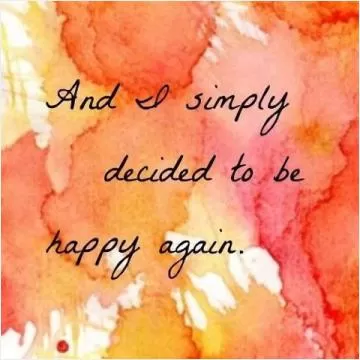




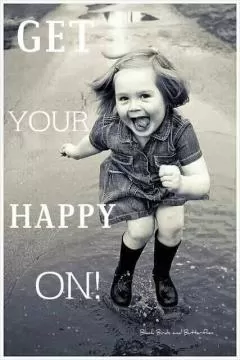

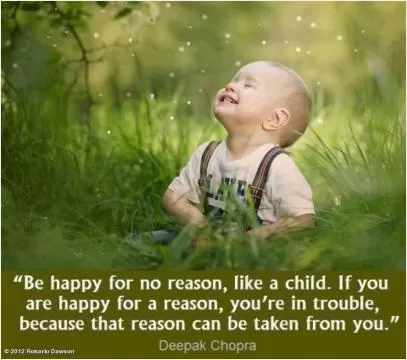
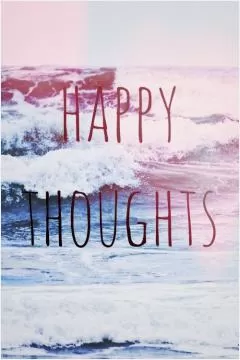
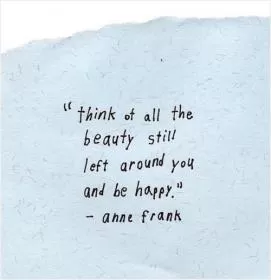
 Friendship Quotes
Friendship Quotes Love Quotes
Love Quotes Life Quotes
Life Quotes Funny Quotes
Funny Quotes Motivational Quotes
Motivational Quotes Inspirational Quotes
Inspirational Quotes